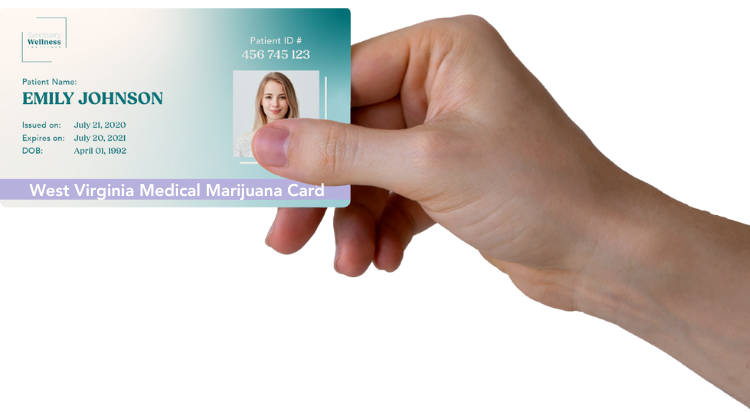Get a WV Medical Marijuana Card Online
New Patients Only $149
Renewals Only $99
Call us to use Afterpay:
4 Payments of $37.25 for New Patients and $24.75 for Renewals.
Receive a full refund if not approved.
Have questions or prefer to schedule on the phone?
Call: (304) 337-5230











